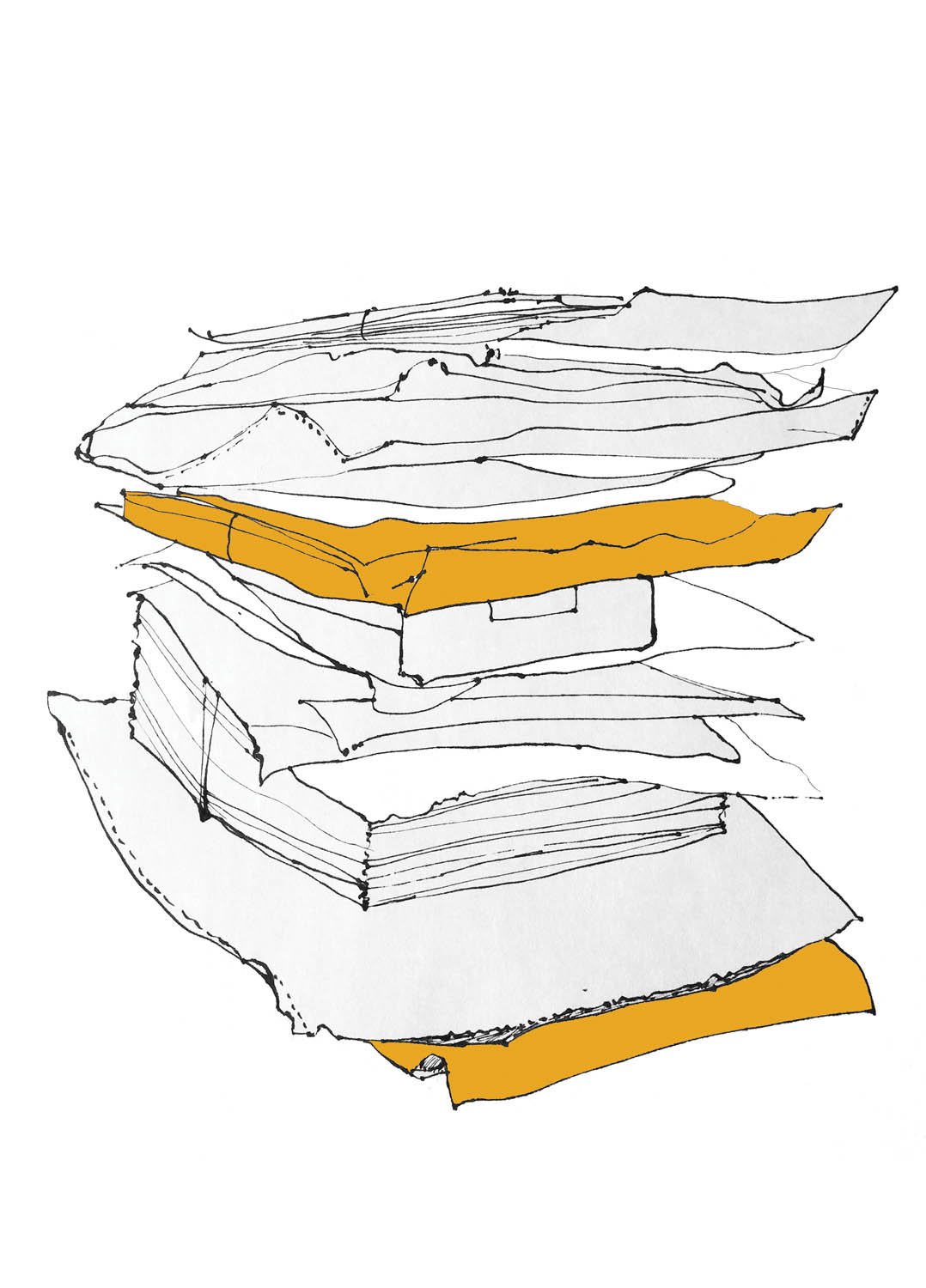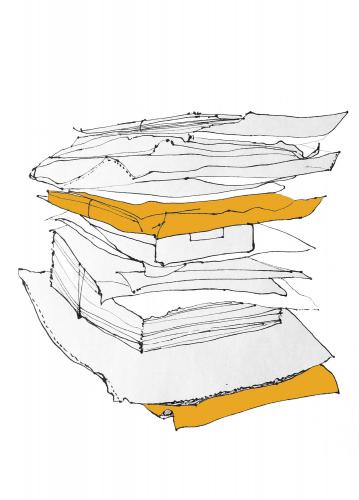
VQR Welcomes New Poetry Editor Gregory Pardlo

VQR is proud to welcome Pulitzer Prize–winner Gregory Pardlo as its new poetry editor. Pardlo, a 2017 Guggenheim Fellow for Poetry, is the author of Totem, winner of the APR/Honickman Prize, Digest, winner of the 2015 Pulitzer Prize for Poetry, and the forthcoming Air Traffic, a memoir in essays.

It grieves me to think that some poets may never know what it was like, years ago, to fold poems into an envelope with a cover letter and SASE. And that avian shriek of the mailbox lid: I used to place each envelope like a wafer on its steel blue tongue, then check to make sure the envelope hadn’t been coughed back up. I confess that sometimes I sent the same group of poems to the editors of several different journals at once. I knew all was forgiven when those envelopes, still creased where I’d folded them, and addressed to me in my own handwriting, arrived bundled with my phone bills and student loan statements.
There’s a lot to be nostalgic about on the editorial side as well. In the midnineties, I joined the editorial board of Painted Bride Quarterly and read slush for years. Maybe it felt more personal back then because the more analog and ritualistic it was, the more points of contact there seemed to be between poet and editor. Sorting through plastic post-office bins full of #10 and clasp envelopes with postmarks from across the country and overseas made me feel somehow like a citizen of the world.
When I was invited to join the Virginia Quarterly Review as poetry editor, I looked to my personal history to retrieve this narrative of the editor as intermediary. I suspect practicing poets make the best editors because they are conscious of the entire process from farm to table, so to speak. Maybe this holistic approach can serve as a speed bump in the rapid siloization of literary production. Then again, maybe it doesn’t help for the poetry editor to have a personal investment in how poems get made. Either way, it’s hard for me to overlook that dimension of the work. Every poem has an ethos that marks it from its inception, though most often this ethos is not legible in the poem at all. Sometimes the ethos is awkwardly disguised, and sometimes it shows up in an unconscious display like food in the teeth of an earnest smile. My job is not to ignore it in those cases, but to be a friend to the poet whenever possible, and a friend to the reader at all times.
The term nommo, popularized by Chicago poets in the late sixties and seventies, refers to the power to shape reality through language. The poetry that will appear in VQR will harken to many traditions, bringing delight through surprise and challenging our assumptions about the limits of the imagination. The poems will communicate a broad range of aesthetic values, but they will, by and large, share a common nommo—that is, a fundamental belief that language is constructive and communal. With that in mind, I’m eager to see what we all—editors, contributors, and readers—might build together.
— Gregory Pardlo
